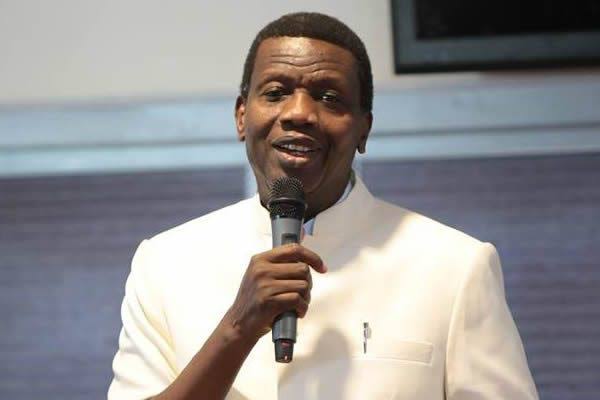The General Overseer of the Redeemed Christian Church of God, Enoch Adejare Adeboye has condemned the Companies and Allied Matters Act, CAMA bill.
RCCG’s Head of Media and Public Relations, Pastor Olaitan Olubiyi said that Adeboye’s opinion on the issue is not always different from whatever the Christian Association of Nigeria, CAN, and the Pentecostal Fellowship of Nigeria, PFN endorsed.
This is coming after President Muhammadu Buhari signed the revised Companies and Allied Matters Act (CAMA) bill 2020 into law on Aug 7.
The CAMA bill gives government the right to appoint or remove board of trustees for churches without recourse to a court of law.
Read also: WhatsApp To Suspend Processing Law-Enforcement Requests For User Data In Hong Kong
The new law, “Section 839 (1) empowers the Commission to suspend trustees of an association and appoint interim managers to manage the affairs of the association where it reasonably believes that- (a) There is or has been misconduct, mismanagement in the administration of the association.”
Adeboye’s disapproval comes after The Christian Association of Nigeria (CAN) rejected the bill few days earlier.
President of CAN, Rev. Samson Ayokunle disclosed this in a statement signed by his Special Assistant, (Media &Communications), Pastor Adebayo Oladeji.
In the statement, Ayokunle described the law as ungodly and reprehensible.
He said that the bill had been “totally rejected” by CAN and many NGOs during a public hearing by the National Assembly under Buhari’s first since it sought to bring the religious organizations and NGOs under the control and influence of the government.

